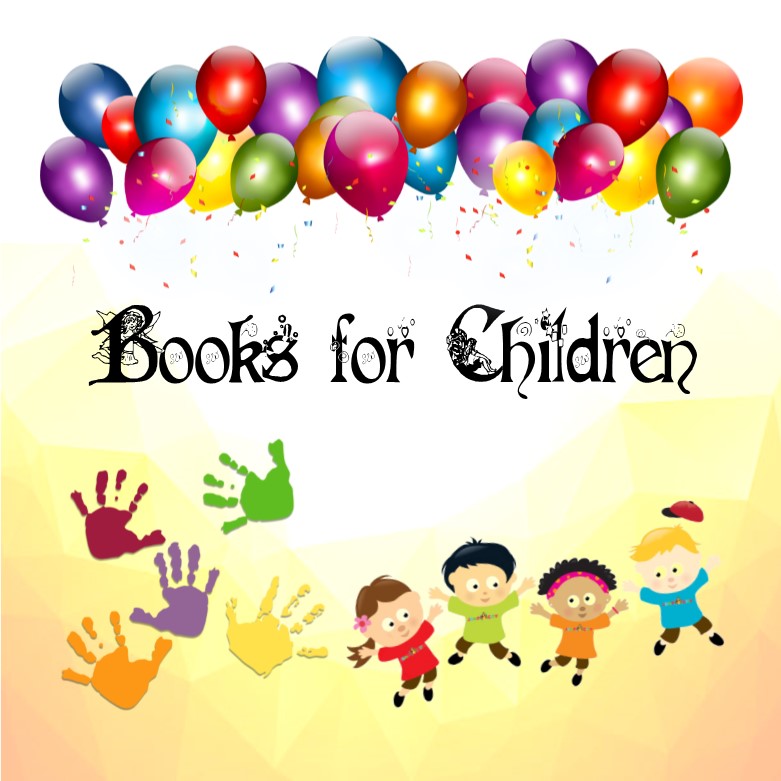
I’ve talked with adults who have never enjoyed reading and only look at a book, magazine, or newspaper when they have to. When asked why, the answer usually revolves around not being a “good” reader and having a hard time at school because of their poor reading and comprehension skills. It’s sad. Think of all the beautiful adventures they missed simply because no one took the time to guide them in overcoming their aversion to the written word.
Hearing the words, “I hate to read,” makes me cringe. However, I know it’s inevitable; I’ll hear it again and again from young and old alike. For grown-ups, it’s hard to change the mindset, but for the current generation, there’s still hope.
Usually, when a young person says he or she hates to read, there’s a logical reason behind it. However, if he or she initially enjoyed reading, we know the cause behind the change of attitude is due to a recent bad experience or something similar. That means we can fix it.
What Causes the Sudden Change?
Looking at and enjoying books are the first steps in learning to read. Some preschoolers develop an interest in words at a very early age, but it’s pretty rare. If the child is interested, let him take the lead, only taking it as far as the kid’s attention span allows. In other words, don’t try to force the issue. It ain’t going to work! All you’ll succeed in doing is turning your toddler off of books.
For six to seven-year-olds, reading is a new and exciting experience, or at least it should be. The excitement wanes, though, if the child has a hard time picking up the new skill and is forced to keep up with his peers. Instead, allow the child to learn at his own pace. Not being able to absorb all the new knowledge doesn’t always mean he has reading disabilities. He may just need more time.
Some folks attribute the differences in reading proficiency to age. Yes, all first-grade students are six-years-old, but some are born at the beginning of the year while others are born in the fall. Those few months of brain growth and development are believed to play a significant role in how quickly children learn to read. Interesting theory, but I don’t think it’s been scientifically proven yet.
A lot of times, as an early reader advances in proficiency, reading becomes more of a chore than a pleasure. Educators and parents sometimes forget that the child isn’t that far removed from the days when all reading was for fun. Completing reading assignments designed solely to go along with worksheets, memory work, and boring lessons zap out the pleasure and dampen the joy in reading.
Asking a child to read books that are too hard can spark a dislike for reading and will only worsen as the kid runs into more and more roadblocks. Also, a lack of understanding, skill, or self-confidence can lead students to avoid complex subjects. Parents and teachers want them to succeed and pressure them to work harder, which, in turn, creates tension and stress, making everybody miserable.
Not having anything interesting available to read is another reason for a child to take a disinterest in books.
Another issue is the time it takes to complete projects, assignments, and homework. In middle school and high school, (pre)teens want to have a little “me” time to spend with friends, play computer games, and generally goof off. After doing lessons, their priority is to do something other than schoolwork, so reading takes a back burner.
How Can We Turn Our Kid Back into a Book Lover?
- One approach to reversing the downward spiral is to make books fun again. Give your kid books he used to enjoy with no strings attached.
- Zero in on the child’s interests. Take a step back and examine what excites or intrigues your child. Knowing what interests him can help you pinpoint what types of texts he may enjoy reading.
- Start small. Read an article together that’s related to a favorite TV show, movie, activity, or sport he enjoys. Then, move up to a magazine or online publication about the same topic. Then go from there.
- Read together. Take turns reading pages, sections, or chapters, or silently read the same book together. Most kids really want to spend time with their parents, even teens, but once children reach seven or eight years old, many parents don’t view reading together as an option. It is!
- Audiobooks – let the kid listen to a story. Then, after a while of just listening, he can start following along in a book to get a better understanding of the words and sentence structures.
- Be a role model. Kids learn from the examples their parents set for them. It doesn’t matter what you read, but make sure you make time to do it in front of your kids. And remember, it’s never too late to start.
Reluctant readers are often struggling readers, so create a safe, comfortable, relaxed environment where reading is encouraged in a positive, friendly manner. Though there is definitely not an easy way to inspire our unenthusiastic children to love books, you can help give your child the reading boost he needs with a little focus and direction. It’s not magic, but every little step helps.









 RSS Feed
RSS Feed